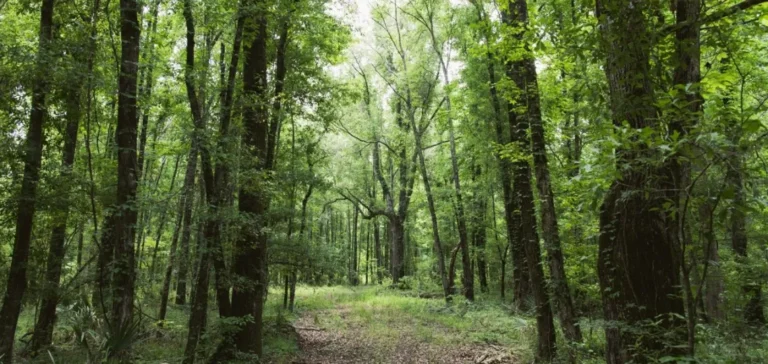TotalEnergies has signed a strategic agreement with NativState, a company specialising in forest project development in Arkansas, to expand its sustainable forestry operations in the United States. The initiative involves thirteen projects located across Arkansas, Louisiana, Mississippi, and Tennessee, covering 100,000 hectares managed by over 280 private forest landowners. This investment is part of TotalEnergies’ portfolio diversification strategy within the carbon sector, aimed at ensuring alternative revenue sources for local stakeholders while stabilising land use.
Economic alternatives for forest landowners
The carbon programme coordinated by NativState offers a sustainable management solution, replacing the region’s common practice of intensive timber harvesting. It includes the identification and preservation of high conservation value forests, the implementation of best management practices for streamside zones, improving species diversity, and protecting wildlife corridors. This model provides access to voluntary carbon markets and allows landowners to receive technical support and guidance in forest management.
Carbon credit certification and TotalEnergies’ prospects
All carbon credits generated will be certified by the American Carbon Registry (ACR), an internationally recognised carbon crediting programme. TotalEnergies plans to acquire all the credits issued, with the intention of using them from 2030 onwards to voluntarily offset part of its direct Scope 1 and Scope 2 emissions. The company is thus implementing its strategy to leverage carbon sinks, working with regional stakeholders and integrating local communities into the sustainable management process.
The operation also includes training initiatives in forestry management and technical support for the participating landowners. The approach is structured to meet carbon market standards while ensuring the sustainability of the local economic fabric, with direct financial benefits for the forest families involved.
Regional challenges and involvement of local stakeholders
The collaboration between TotalEnergies and NativState is based on the development of a regional economic model focused on preserving forest resources and creating value through access to the carbon market. Several hundred private landowners are thus gaining new financial leverage to maintain the integrity of their lands while contributing to the improvement of local ecosystem resilience. The approach taken could encourage other investors to focus on the forestry markets in the southern United States.






















